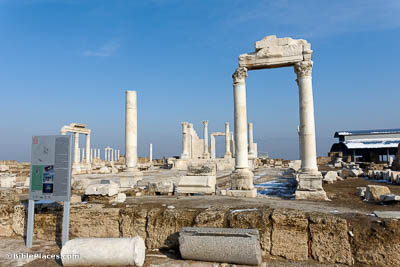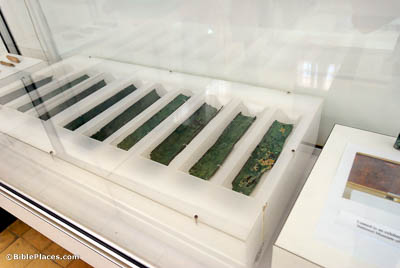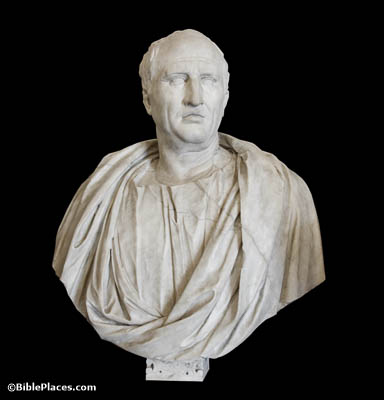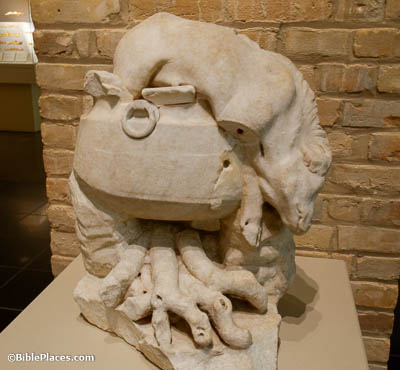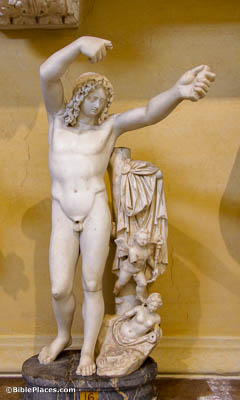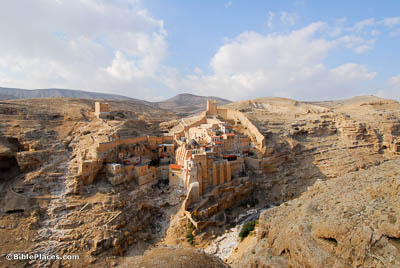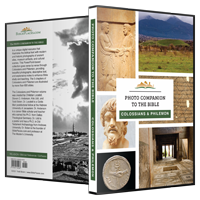I want you to know how great a struggle I have for you, and for those at Laodicea (Colossians 2:1).
Laodicea was a nearby city, located only 9 miles (14.5 km) to the west of Colossae. Apparently Paul was concerned that the churches in both cities faced some of the same dangers. Unlike Colossae, significant excavations have been carried out at Laodicea, and a large portion of the city has been exposed and reconstructed.
